Indigenous voice to parliament: Yolngu voices know constitutional change will end Indigenous despair
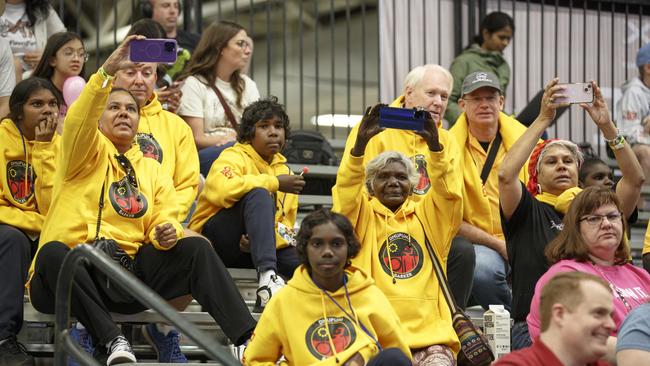
Named after the sacred quail of the Gumatj clan, the carrier of that clan’s ancient fire, the Djirikitj Firebirds from Dhupuma Barker in Gunyangara weren’t there to make up the numbers.
They had finished an impressive fourth out of 39 teams at the national championships a few months earlier, the first all-Indigenous team and the first from the Northern Territory to take part. The team’s young coder, Sean Gadiny Yunupingu, finished first in his division.
Another student, Justin Wirrpanga Gurruwiwi, led the Australian delegation in the opening ceremony, proudly waving the Australian flag as he entered the auditorium in front of a large international audience.
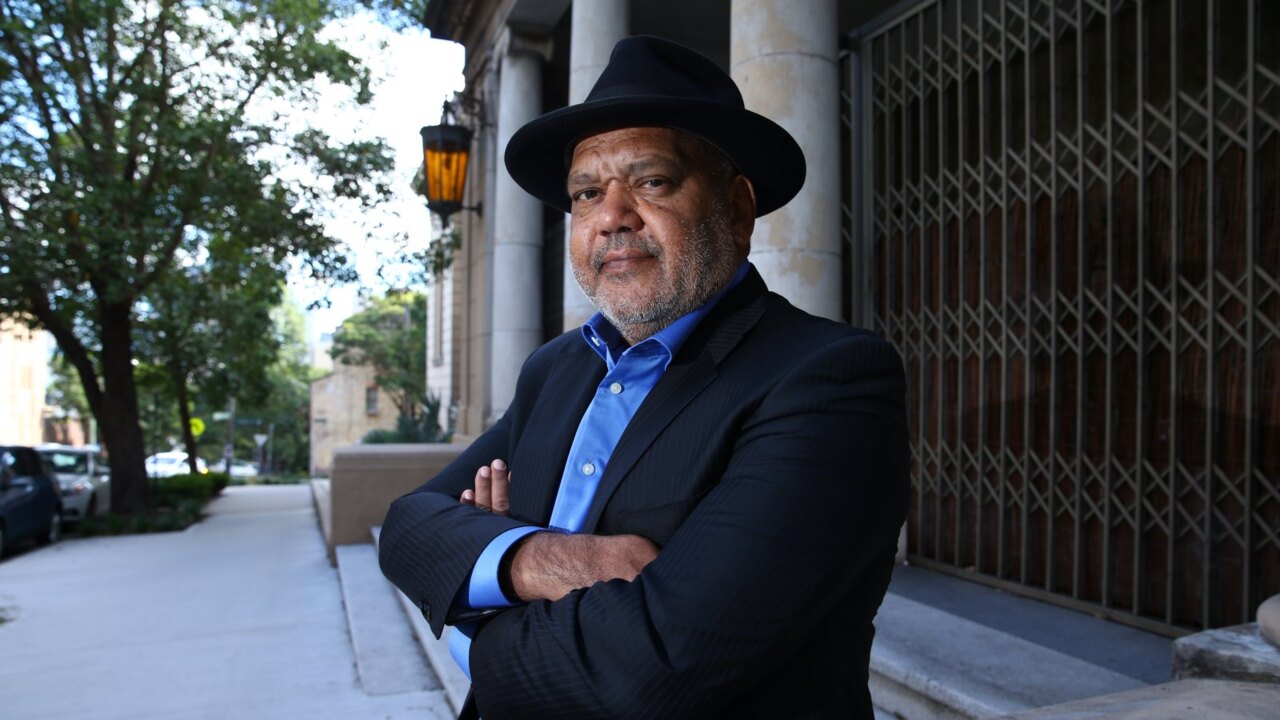
His smile was as wide as the flag itself as he proudly stepped out to represent his school, his community and his country. Like his mother and father, he considers himself proud Yolngu and proud Australian.
There were more than 800 teams from 40 countries competing, but the Firebirds kept their cool on the world stage, finishing 40th in their division of 80.
If you read this newspaper’s confronting series last week on education in the NT, you could be forgiven for thinking this incredible story of success is a fiction.
How is it that students from a tiny school operating out of a demountable in remote Australia have the opportunity to learn – and in this case master – an area of education that will be pivotal to their future lives, while those at a school up the road can barely read or write?
Their exceptional story is a reflection of Aboriginal people who have found their voice – albeit after decades of advocacy and struggle.
Starting with the land rights movement, and highlighted in popular culture through bands such as Yothu Yindi and the incomparable Gurrumul, Yolngu leaders and the clans of northeast Arnhem Land have raised their voices as loudly as they can over many decades.
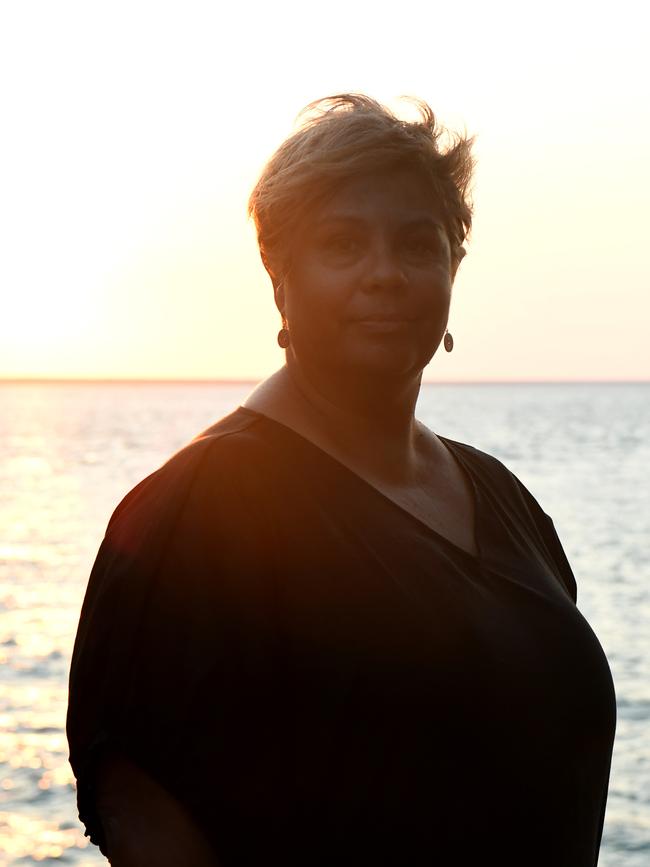
We hear them at the Garma Festival each year; their words, art, dance, ceremony and song are broadcast nationally, and delivered in person to leaders from all political parties, heads of the public service, and chief executives of the nation’s major corporations. Yet still it is not enough.
The success of the Djirikitj Firebirds is the exception, not the norm, and disadvantage remains a depressing daily reality for too many Yolngu.
The school is a partnership between the Yothu Yindi Foundation and NSW’s Barker College, one formed outside the regular NT education system. It has flourished on the back of genuine consultation with local families, who have had input on everything from the curriculum to the school timetable.
But for too many Aboriginal and Torres Strait Islander people, there is no voice. No agency or advocacy. Just broken systems of education and health, insufficient housing, and deserts of economic opportunity.
The result is aimless young men and women; self-harm and suicide; frustration and hopelessness.
This is what the statistics of deficit speak to: massive incarceration rates, unacceptable violence against women and family members, death from Third World illnesses such as rheumatic heart disease, an almost total lack of meaningful employment, and no future for the kids.
This situation has built up under consecutive governments of both persuasions throughout Australian history. There are no mechanisms in the Constitution or anywhere else to direct action to fix these terrible conditions, which are truly a blight on our wealthy nation.
As reported in The Weekend Australian, work done by the YYF and others over many years shows the financial formulas that apply government funding in remote Australia are regressive and designed to simply keep people “as they are”.
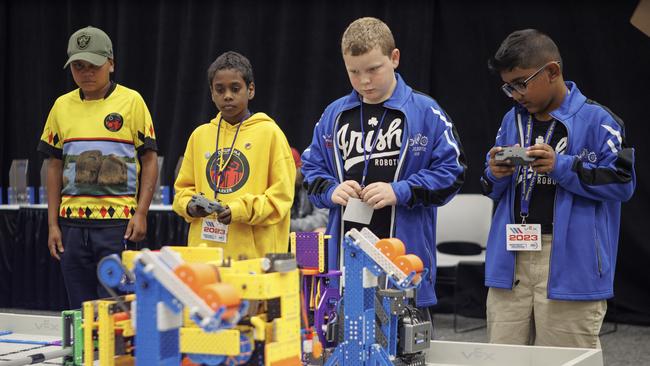
The Productivity Commission recently exposed this rort on Australian citizens, a system that traps Indigenous people in a world where there is no hope of improving. At best you will stay as you are – in deficit and despair.
The Djirikitj Firebirds are truly an exception, and long may Justin and Sean continue to show what is possible.
But without structural change to the system there will be no future Firebirds. Today’s team will continue to grow up into communities of disadvantage and hardship.
The Yolngu leadership knows that a voice in the Constitution is needed. Our leadership knows from personal experience that when we listen to the community, when we listen to the families and properly involve them in the decision-making process, we see improved outcomes such as the Dhupuma Barker school. Kids who can achieve anything.
I urge Australians to vote yes. But, more importantly, listen to the voice inside your head – a Yes is for the Firebirds of the future.
Denise Bowden is chief executive of the Yothu Yindi Foundation and has worked for the past 13 years with Yolngu clans of northeast Arnhem Land.




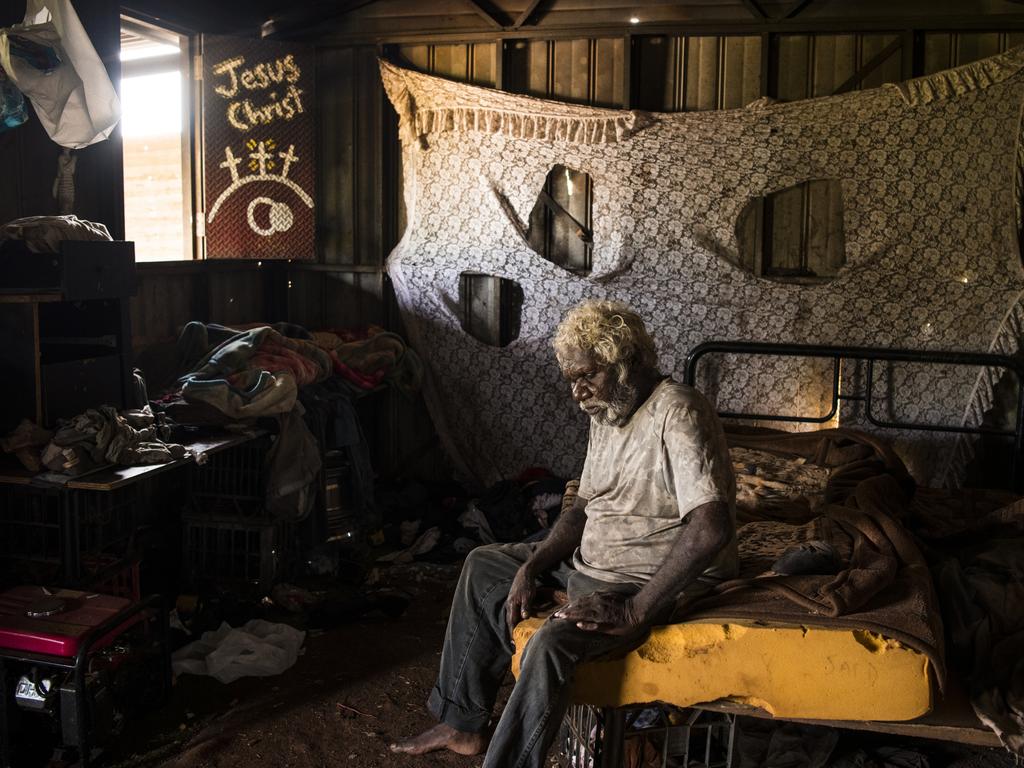


In May, a group of Yolngu students from a remote school in northeast Arnhem Land travelled to the US to compete in the VEX World Robotics Championships.